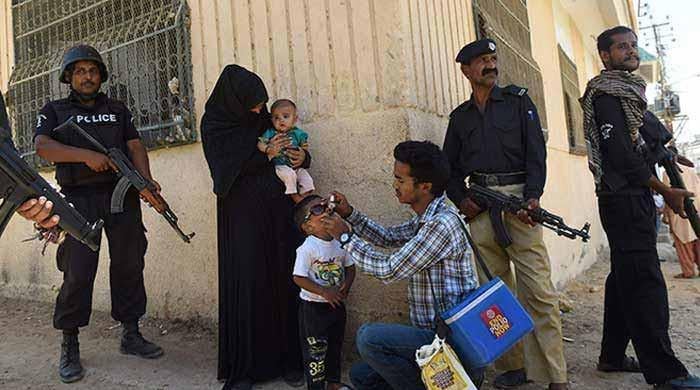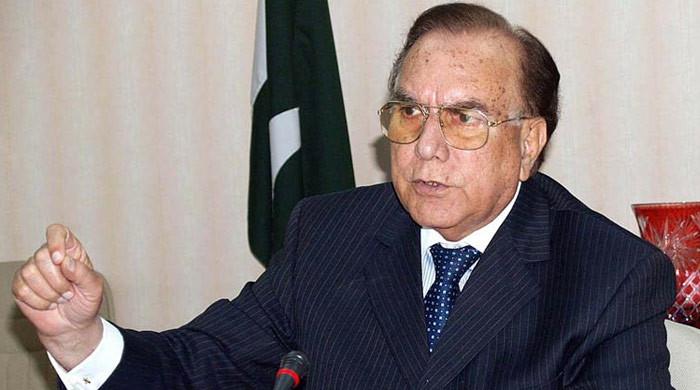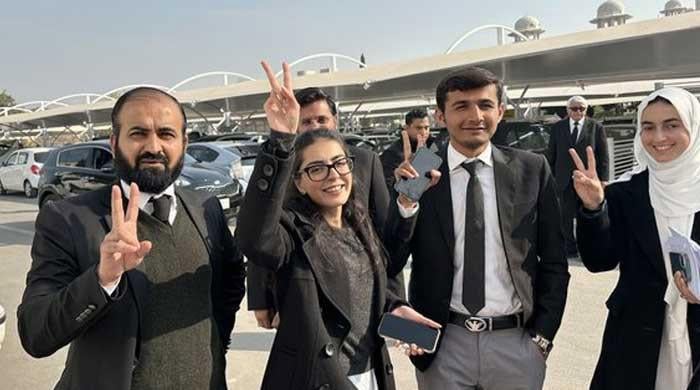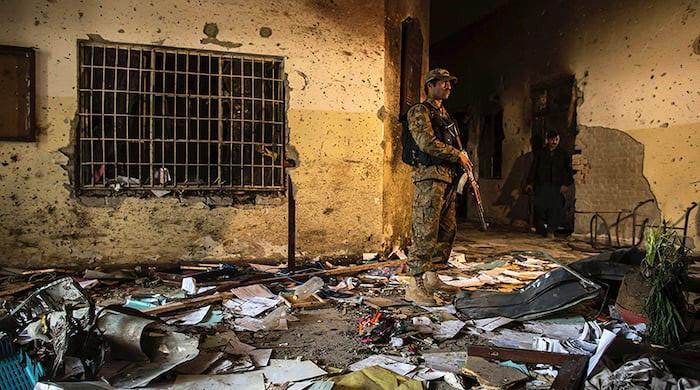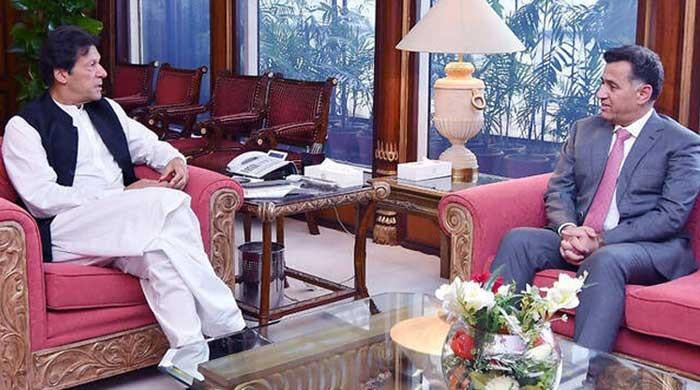Women still only granted controlled empowerment: experts speak on GBV
"It's always a man that gives their wife, daughter or sister the 'permission' to be empowered," legal expert says
December 10, 2022
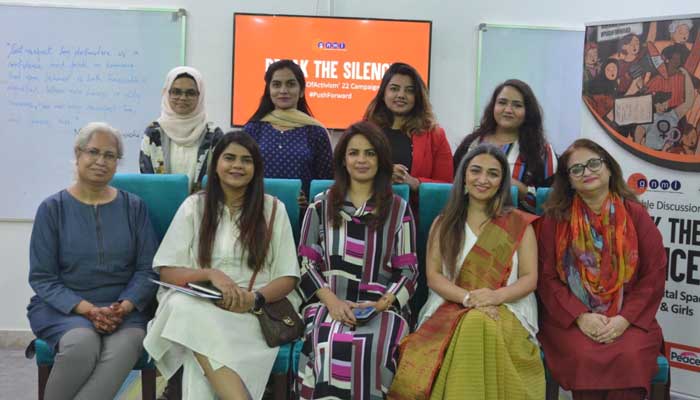
In a roundtable discussion held Saturday in observation of the United Nations' annual international campaign, 16 Days of Activism — from November 25 to December 10 — against Gender-Based Violence (GBV), it was revealed that patriarchy plays a "huge role" in Pakistani society when it comes to violence against women and girls.
"Even women’s empowerment in our society is controlled and considered something that can be given or taken by men," social media influencer Roomana Anjum said in the discussion organised in Karachi by the Global Neighbourhood for Media Innovation (GNMI).
Elaborating her views, Anjum added that during the Lyari Operation in the early 2010s, she witnessed how women were stationed outside each house to protect their family and deemed it "empowering".
However, she said, they could only do this after getting permission from the men of their house.
"The catch was that even this was ‘controlled empowerment’, because the men were permitting their women to assume that power position. And this is what we still see in our families. It's always a man that gives their wife, daughter or sister the 'permission' to be empowered,” she said.
Farah Khan, a legal expert, spoke about the issues with the justice system when concerning a victim or survivor of GBV.
“The problem with our society is that we need a victim to look like a victim. This means a victim needs to cry, have visible bruises, etc., in order for them to be believed. And a dead body is the biggest evidence," she said, adding that a victim has to lose their life just to be heard or taken seriously.
Another lawyer, Zarin Khwaja commented on the lack of a proper legal framework in Pakistan and how most of the country's law is copied from international law.
“There are significant shortcomings in our legal system. One example is that I once spent 25 years lobbying and pushing for a law which got implemented only because it suited a party’s agenda. And yet, this law was copy-pasted from some other country, which does not even acknowledge the cultural aspects," she said.
Zarin added that her effort, however, garnered no response because she had to lobby again to have the said law implemented.
Media educationist Kaif Ghaznavi, during the discussion, talked about cyber harassment and mentioned that parents are children's biggest allies, no matter how difficult of a situation they might find themselves in.
“Children need to give their parents more credit and trust them enough to open up to them. In most cases, your parents will likely understand and provide the help you need,” Kaif said.
Najia Ashar, GNMI's founder and media development professional, highlighted the significance of 16 Days of Activism and her organisation's work toward preventing and eliminating GBV.
“Every year GNMI runs extensive campaigns to highlight the issue of gender-based violence, educate our audience, and conclude it with a discussion as such to culminate it and search for solutions to the problems and challenges of gender-based violence,” Najia said.




